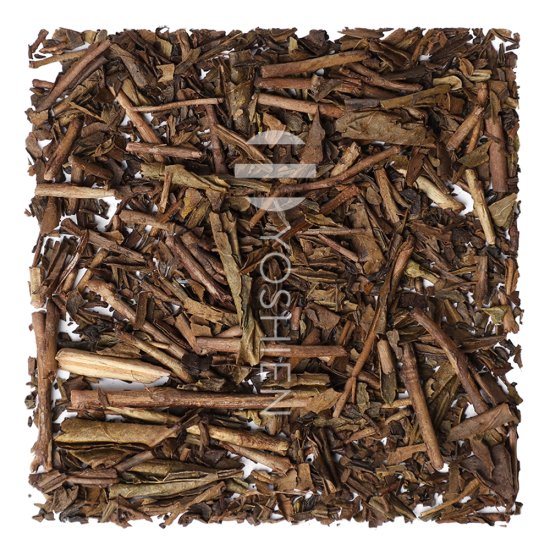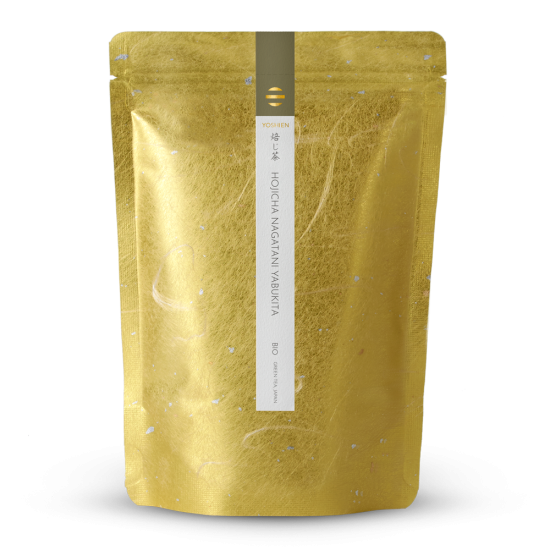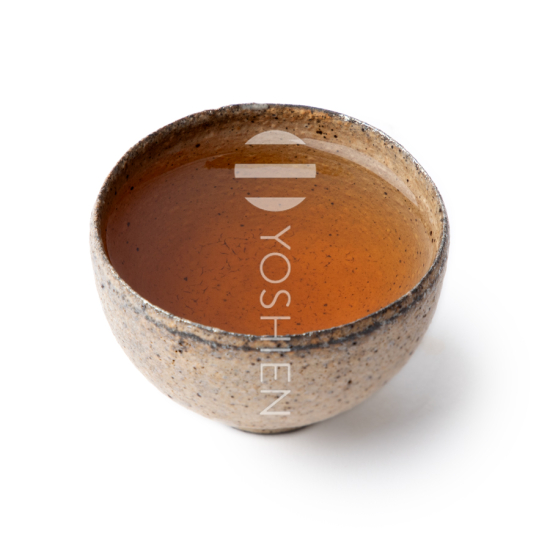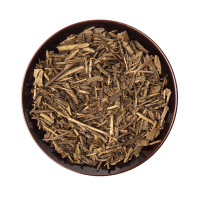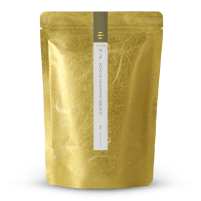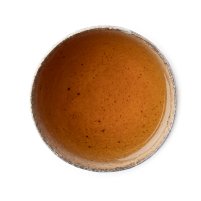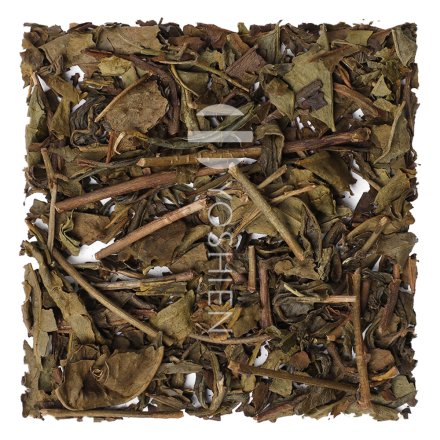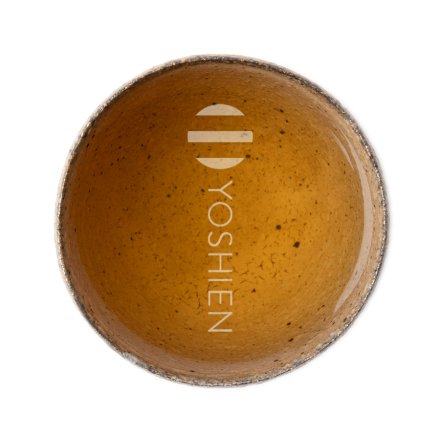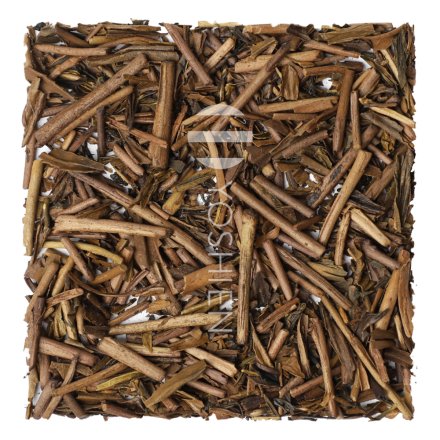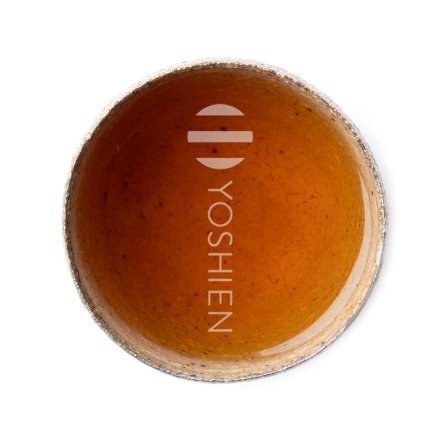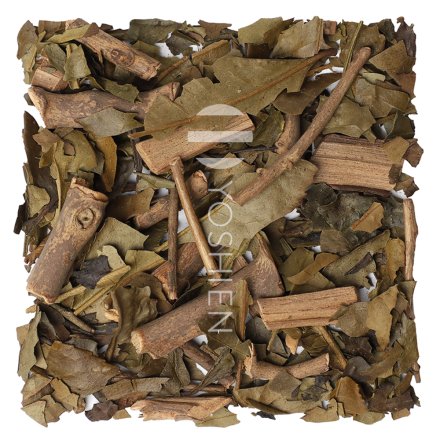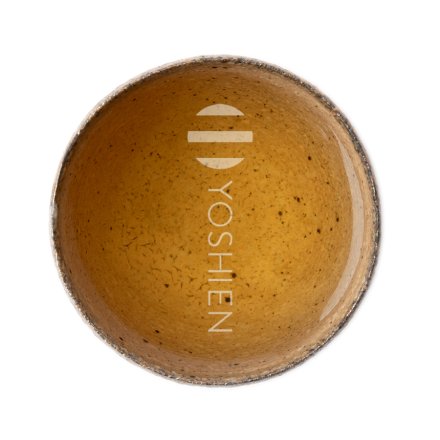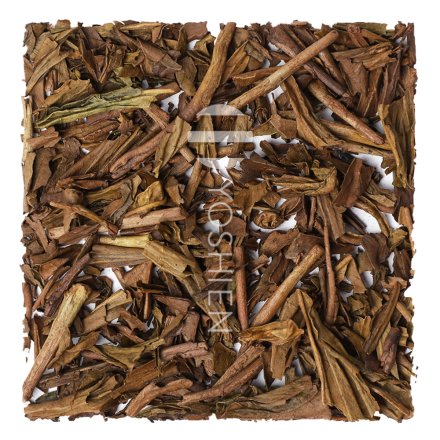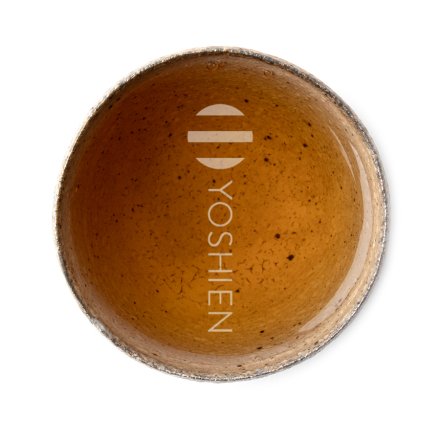UJI-CHA (宇治茶)
Few regions in Japan are as closely interwoven with the history of green tea as Uji in Kyoto Prefecture, the cradle of Japanese green tea. If the roots of the legendary name Uji lie primarily in ground matcha, the region is also home to the legendary Nagatani Soen, who is considered one of the inventors of the modern Sencha processing method and thus contributed like no other to the importance of Uji and Ujitawara as a tea centre.
The region is ideally located for tea cultivation on the eastern and southern slopes of the Kyoto Basin in the prefecture of the same name. This location in combination with the enormously sediment-rich soil layers, nourished by deposits of the Uji River over thousands of years, leads to ideal soil conditions, as the roots of the plants are always washed by water without the possibility of waterlogging. Most of the fields here lie on naturally formed terraces. Due to the surrounding mountain ranges, the fields are also optimally protected from strong weather and exposed to abundant fog formation. This not only provides moisture, but also natural shade for the plants, an important factor for the intense and famous Uji Umami. The strong stimulating climate with large fluctuations between day and night and great rainfall in the rainy seasons does the rest to create almost ideal conditions for tea cultivation.
The history of tea in Uji dates back to the early 12th century and finds its beginnings with none other than the Zen monk Eisai, the forefather of Japanese green tea, who, according to historical sources, brought the first seeds and seedlings from China to Japan and passed some of them on to the Zen priest Myoe Shonin, who used them to plant the first tea fields in Uji.
Under the changing protection of various shoguns, the reputation of Ujicha steadily improved, so that by the end of the 16th century it was considered the best tea in Japan and was no longer enjoyed only by the emperor but also by the country's cultural elite. Especially in the course of the development and elaboration of the tea ceremony by Sen No Riyku, the demand for ground tea from Uji grew strongly, which contributed in large part to the economic boom of the region.
In the 16th century, moreover, tea farmers in Uji invented the method of shading called Ōishita Saibai, a forerunner of the tana shading with rice straw on frame racks used today for the finest shade teas. This method enabled the production of particularly sweet and umami-strong teas and also offered natural protection against insects and environmental influences such as frost and hail.
However, these high-quality teas, called honcha, were reserved only for the upper classes of Japanese society. In order to counteract this trend, the farmer Soen Nagatani developed the so-called Uji method at the beginning of the 18th century, which is still the basis for the production of Japanese Senchas today and quickly spread throughout Japan thanks to Nagatani's efforts.
To this day, Uji-chas regularly take first place in national competitions and are particularly appreciated among tea lovers worldwide for their uniquely sweet and full-bodied Uji Umami.
Organic Certification




